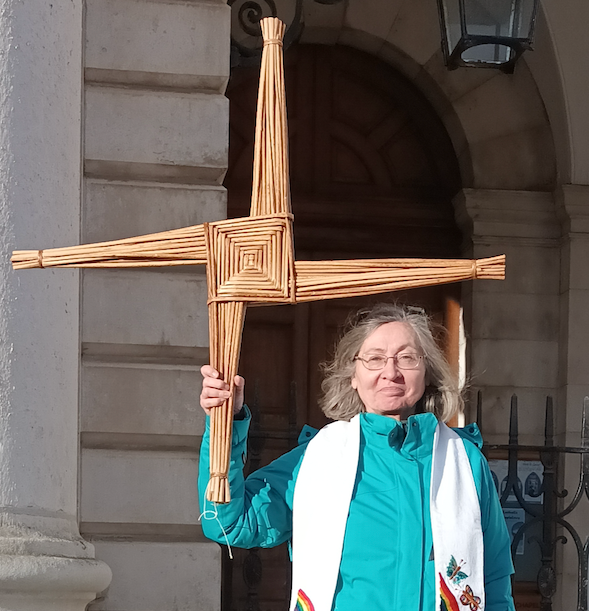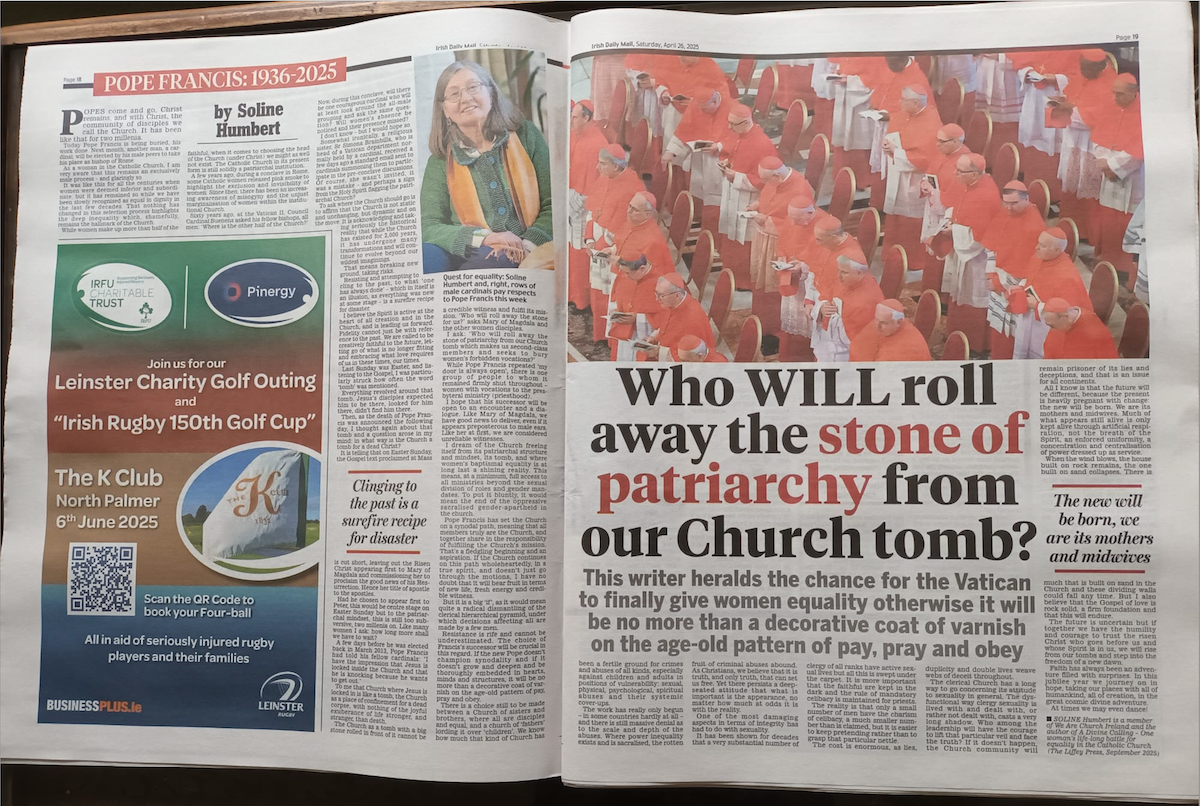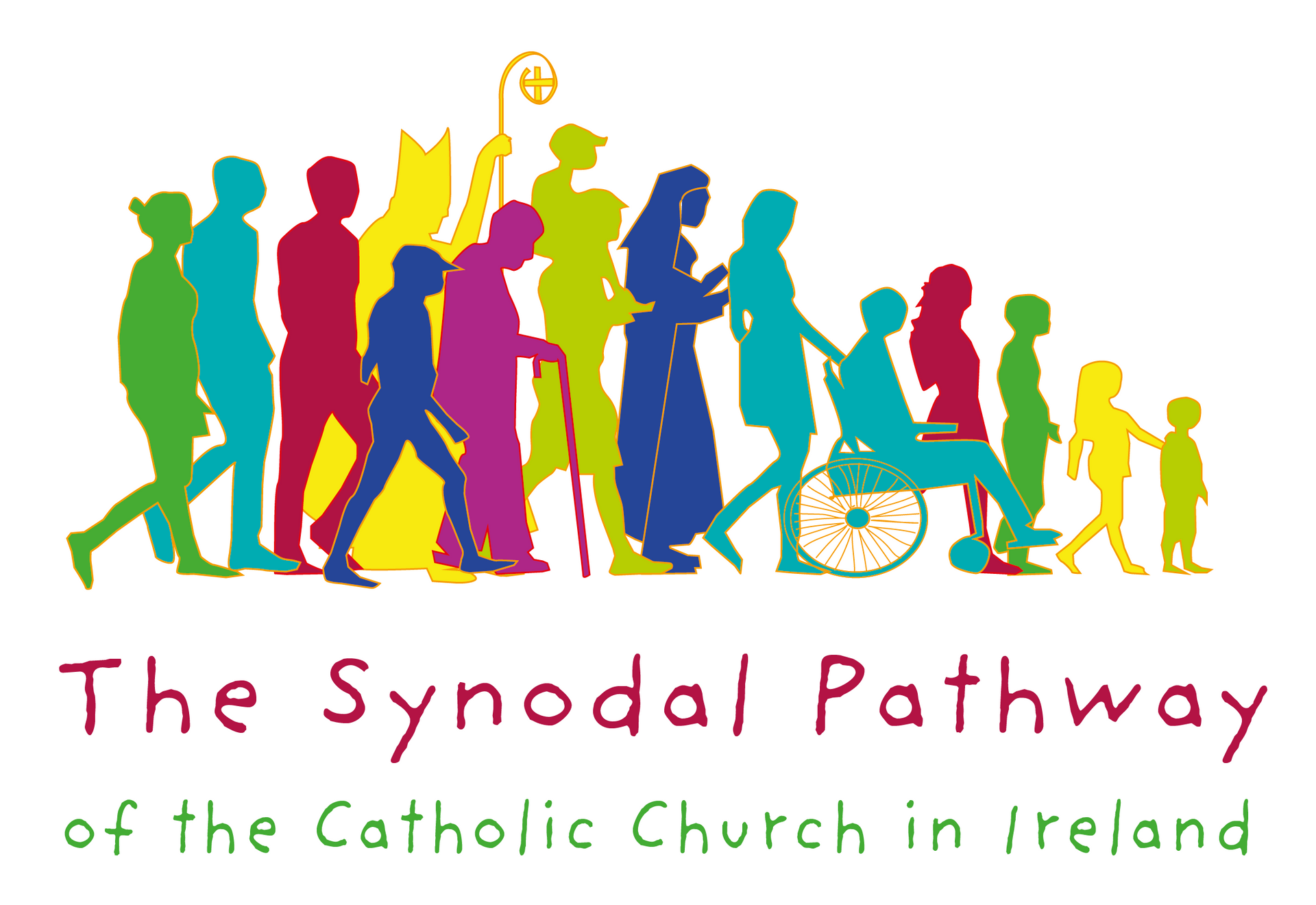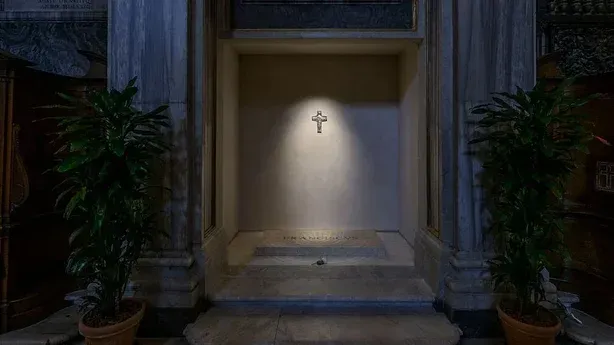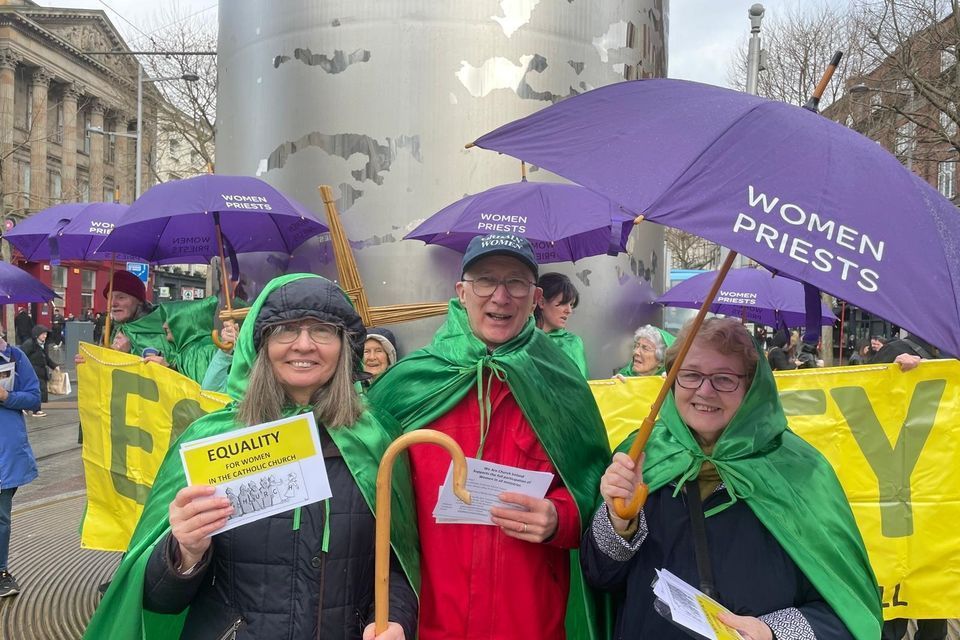The German Synodal Path
Legally the votes of the Synodal Path are not binding - but morally they are!
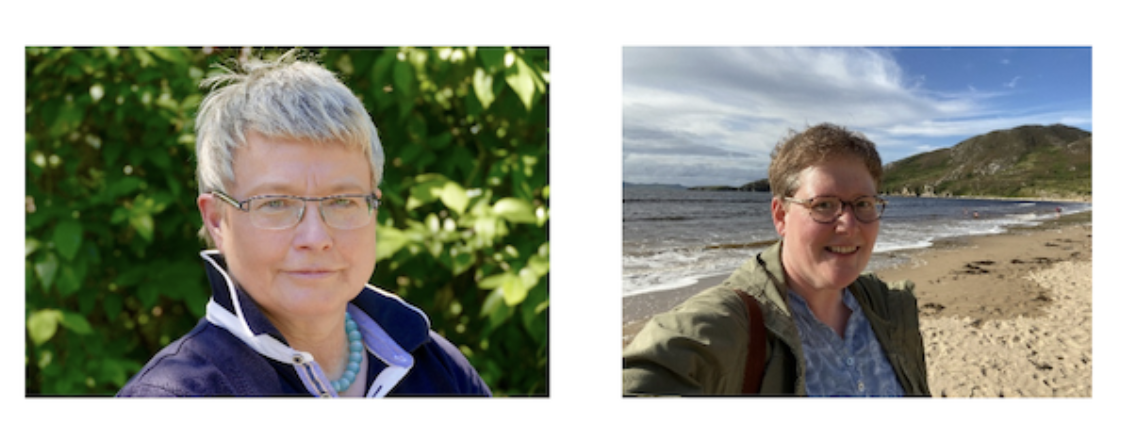
Dr Johanna Rahner & Dr Sabine Schratz OP
(lecture in Lumen Institute, Dublin, on 11 May 2022)
Johanna Rahner:
1. Legally the votes of the Synodal Path are not binding - but morally they are!
2. She is not optimistic about the outcome; the Vatican is very rigid regarding structures.
3. At the same time she also believes that the Synodal Path may prove to be the most important implementation of Vatican 2
4. Asked what happens if the Vatican says No? She replied there is no exit strategy.
The Central Committee of German Catholics (ZdK) was founded in 1848. Today there are 20 million Catholics in Germany of which 6 million are members of the ZdK. The ZdK is made up of 117 Catholic Associations (The Catholic Women’s Association alone has 400,000 members). Sabine stressed these 3 features:
1. Church tax is collected by the state (8% of income tax) and amounts to over €6 billion per year.
2. Strong institutions https://www.zdk.de/organisation/agkod/verbaende/
3. The different religions each have their own faculties in German universities
The Synodal Path was launched after the MHG study (commissioned by the German bishops) in 2018 revealed 1,670 clerics credibly accused of abusing 3,677 children from 1946 to 2014. The MHG study identified several systemic causes which facilitated this abuse: Negative attitudes towards LGBTQ people; compulsory celibacy; immaturity of seminarians; inadequate training of seminarians. Sexual abuse was seen as an abuse of power.
Th MHG study led the German bishops to set up the German Synodal Path as a binding process together with the ZdK in order to establish a listening church. The Synodal Path includes 4 forums, each jointly chaired by a bishop and a ZdK representative:
1. Power
2. Sexuality
3. Priesthood
4. Women
The Synodal Path Assembly is made up of 230 members, a balance of lay and clerics. In order for resolutions to be approved they must meet two criteria:
· Approval by two-thirds of full assembly (lay & clerics)
· Approval of two-thirds of the bishops voting on their own
The Vatican’s Cardinal Ouellet wrote to Cardinal Marx in September 2019 criticising the German Synodal Path for two main reasons:
1. The binding nature of the Synodal Path: Rome reserves all final decisions to itself
2. The blurring of lines of authority with lay as well as clergy involved
The reply to Cardinal Ouellet confirmed that resolutions could only be implemented by the bishops and the Holy See. And the people of God are entitled to be involved in decision making.
All debates at the Synodal Path are in public and available online. Likewise all documents (Basic texts and Action texts) are available online, including in English https://www.synodalerweg.de/english
Due to Covid the Synodal Path has been extended and the final meeting will now be in March 2023.
Canon Law is not supportive of democracy. Canon Law seeks to limit theological thinking. The Curia supports both these positions. But because of both of these positions Canon Law needs to change.
Critics of the German Synodal Path have accused it of:
· Schism
· Confusing the faithful
· Destroying the church
· Flouting tradition by following the Zeitgeist
But it is Pope Francis who has encouraged discussion of taboo subjects and listening to those on the periphery. The risk of schism is real: but only if we do NOT discuss these issues! Cardinal Marx has said that the Church teaching on LGBTQ people needs to change. Yet the CDF letter on February 2021 banned blessings of same sex couples. Timothy Radcliffe in “What’s the point in being a Christian?” called for the need for open spaces to discuss and argue. This is what the German Synodal path is providing.
Hopefully The Irish Synodal Pathway in 2026 will follow the model of the German Synodal Path!
Colm Holmes
Dr Sabine Schratz OP studied Theology and History at the University of Münster and St Patrick’s College Maynooth. At p[resent, she is the Director of Lumens Dominican Centre in Blackrock and member of the Dominican Historical Institute, Rome. Dr Schratz has published in the fields of Church history, social justice and liturgical praxis.
Dr Johanna Rahner succeeded Hans Küng as Professor of Dogmatics, History of Dogma and Ecumenical Theology at the Catholic Theological Faculty of Tübingen University. She is one of the most renowned theologians in Germany and an expert on the reform movement. Dr Rahner has published widely in academia and appears regularly in the media to comment on current Church and faith issues.
